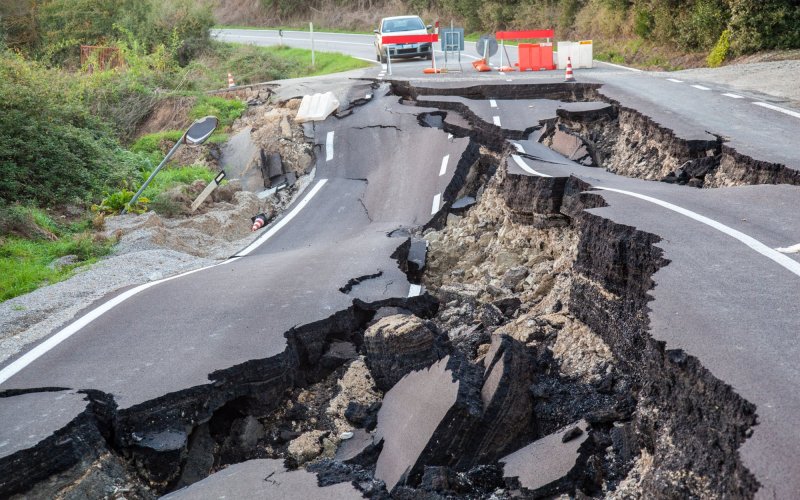An earthquake is caused by a sudden release of mechanical stress between (or within) lithospheric plates. I’m not a geologist, but I believe this stress is caused by temperature differences and other phenomena that occur in and beneath these plates. Earthquake prediction is particularly difficult because our knowledge of what is beneath our feet ends in units of kilometres below the Earth’s surface. In order to be able to determine the stress values of individual lithospheric plates, or at least in critical places (breaks, contacts of two different plates), we would first have to get deep enough below the surface, which we have not been able to do very well yet.
The deepest borehole is 12 km deep (which is quite short for the Earth’s radius of 6,378 km) and took over 20 years to drill!
Thanks to seismographs, we are able to detect the occurrence of earthquakes and, according to the seismogram (the graph that displays the seismogram), we are able to determine the cause of the earthquake. The origin of an earthquake in the most general sense of the word is anything intense enough to vibrate the lithospheric plates. The courses of the individual sources differ, so it is possible to detect a nuclear explosion or an explosion of conventional explosives, passed off as a nuclear explosion, for example.
The problem of predicting an earthquake is that it is not accompanied by any transient phenomenon and will happen very quickly.
Want to ask something?
Send us an e-mail with the subject “Physics mysteries” to the address:
We can't wait to tackle your interesting questions!





